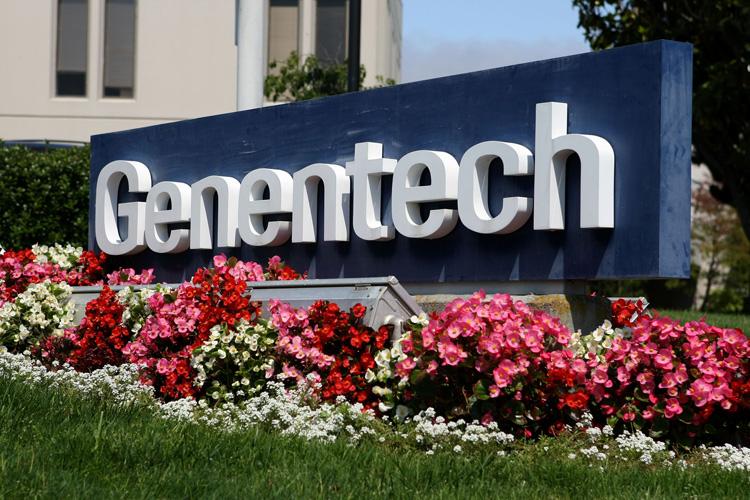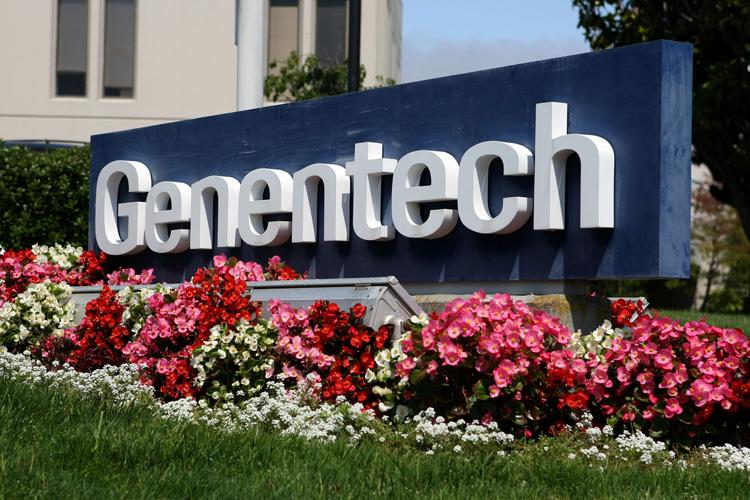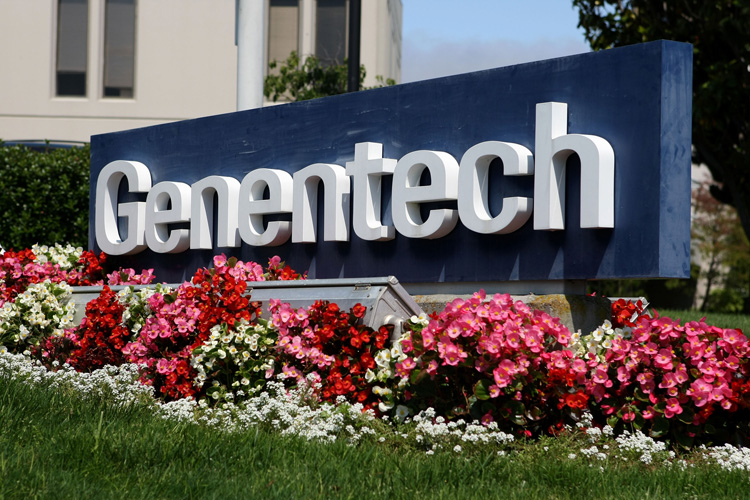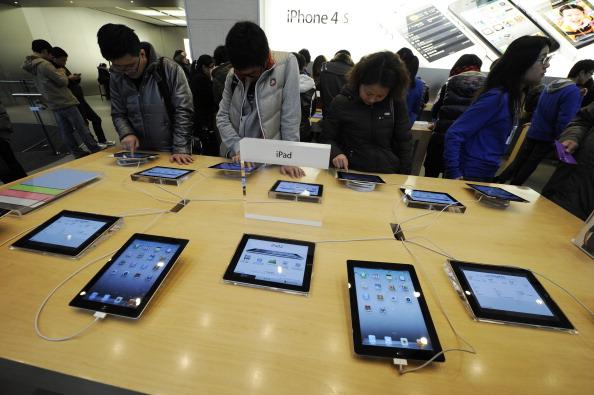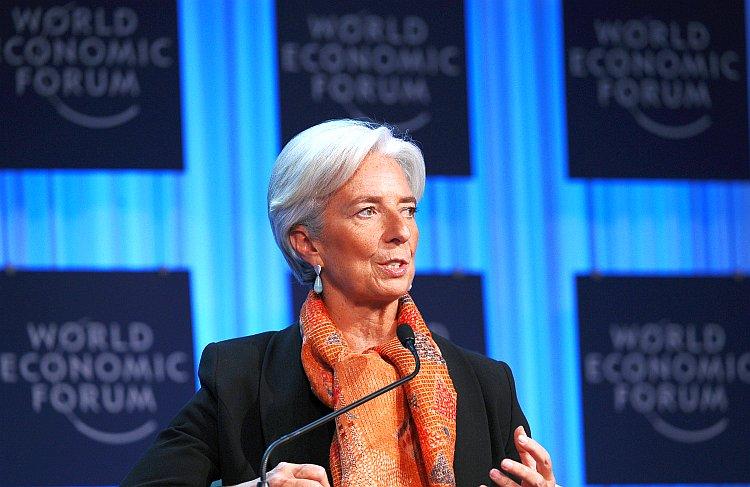The proliferation of counterfeit medicine in the United States is becoming an increasing concern, and the recent discovery of a fake version of the commonly used cancer medicine Avastin has fanned the flames.
This instance included the distribution of a fake version of Roche Holding AG’s multimillion dollar Avastin, which is distinguished by its active ingredient bevacizumab. The fake drugs do not include this key ingredient.
Avastin is normally given intravenously in hospitals, clinics, and doctor’s offices to patients with various forms of cancer, including brain, colon, lung, and kidney cancer. Avastin is made and marketed by Roche subsidiary Genentech.
According to the U.S. Food and Drug Administration (FDA), on Feb. 14, 19 oncology practices were contacted because they had purchased medicine from a supplier that was not approved by the agency.
